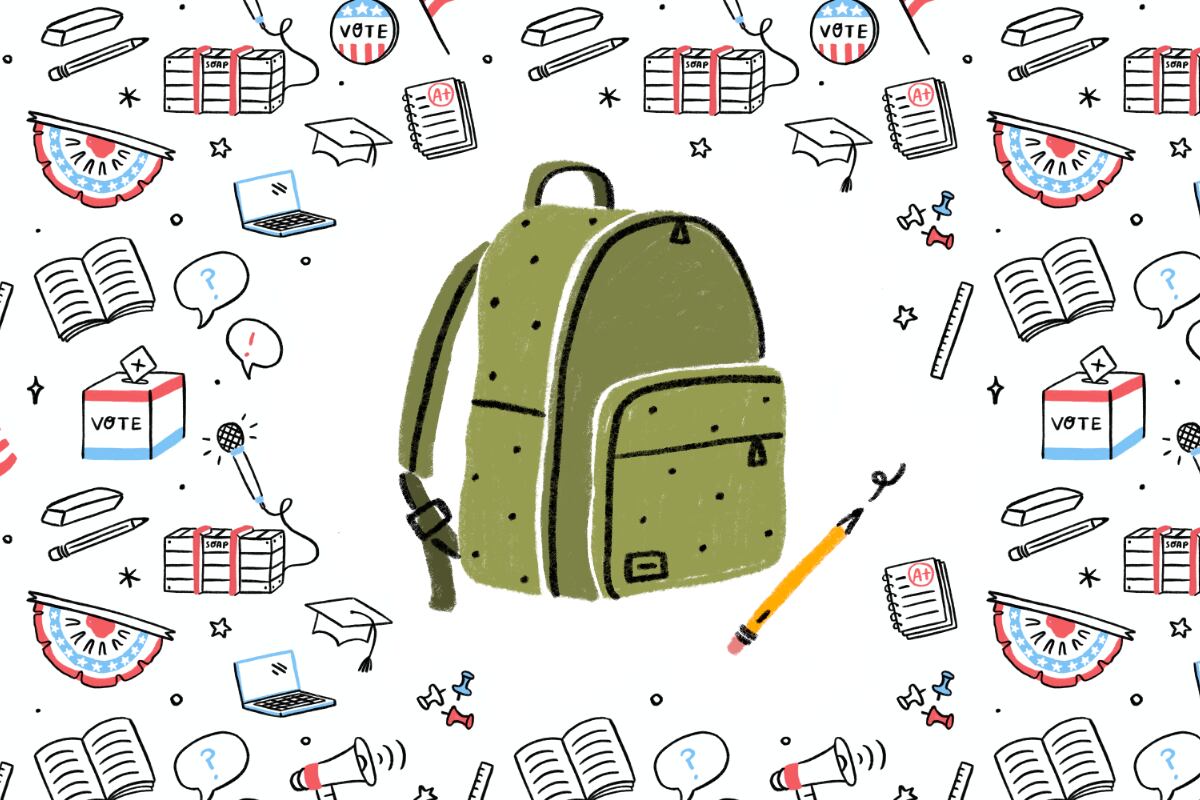Dear high schoolers,
This year’s U.S. presidential election will dominate conversations worldwide. This fall, American citizens will once again cast their votes, and the two leading contenders are poised to be the same ones from four years ago. 2024 might feel eerily similar to the tumultuous 2020 presidential election and its aftermath.
Once again, inside your classrooms, history is being taught at the very moment it’s being made.
Since this could be the first election you’ll have a chance to vote in, we’re eager to know how important this moment feels in your classes and to you and your friends. Are you closely following the campaign? Or does it feel not that connected to your life?
The New York Times’ Headway team and Chalkbeat want to hear directly from you. Take a moment to complete our questionnaire below, and we’ll be in touch with you soon.








